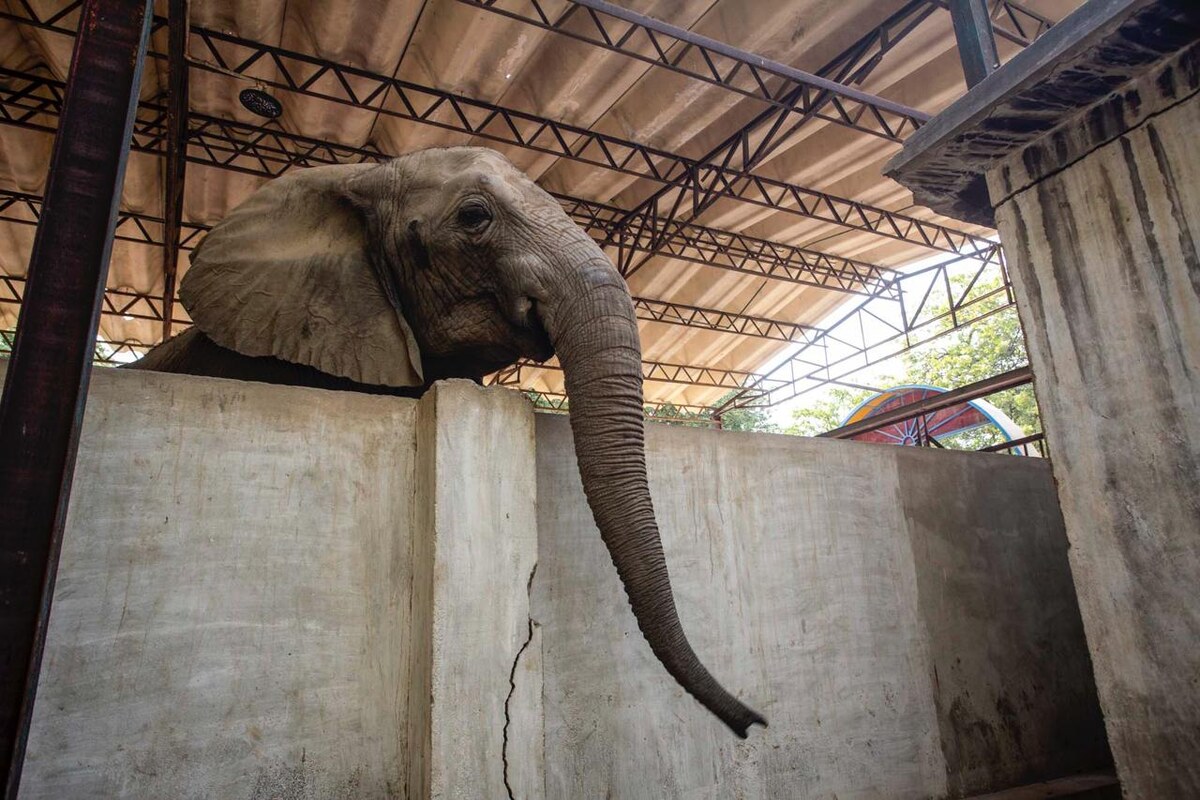ISLAMABAD: As Shehbaz Sharif took oath as 23rd prime minister of Pakistan, political, economic, and security experts on Monday urged the incoming Pakistani government to adopt a reconciliatory approach to restore its “credibility” after a controversial vote last month and to overcome political, economic and security challenges facing the country.
Sharif was voted in as prime minister on Sunday, three weeks after the Feb. 8 national election that was marred by a mobile Internet shutdown, arrests and violence in its build-up, and unusually delayed results that sparked accusations that the vote was rigged.
Candidates backed by Khan gained the most seats, but Sharif’s Pakistan Muslim League-Nawaz (PML-N) agreed with former foreign minister Bilawal Bhutto-Zardari-led Pakistan People’s Party (PPP) and other smaller groups to form a coalition government.
However, the shaky coalition led by Sharif is likely to face fierce opposition from Khan-led Pakistan Tehreek-e-Insaf (PTI) and Sunni Ittehad Council (SIC) parties, along with a myriad of issues facing the South Asian country of more than 241 million.
Analysts have said the biggest challenge for the new government will be restoration of its credibility after the Feb. 8 controversial vote, which would require a “healing touch of reconciliation.”
“The biggest crisis for the new government would be [lack of] credibility following the flawed election of February 8, wherein defying all odds, the PTI emerged as the most popular party,” Mushahid Hussain Syed, a Pakistani politician and political commentator, told Arab News.
“Restoration of credibility requires a healing touch of reconciliation starting with the release of all political prisoners, including Imran Khan.”
He said Sharif’s six-party rickety coalition was the first “minority government” in the history of Pakistan whose numbers were augmented by the PPP, which supported Sharif but decided not to join the government.
The PPP, which helped Sharif secure majority in Sunday’s election for prime minister, joined the coalition in return for the post of president and few other constitutional positions, but declined to take any posts in Sharif’s cabinet.
Syed said the two other challenges of militancy and the revival of economy required concerted efforts from all political parties. “No person, party, government or institution alone can tackle these challenges, which should be done collectively by all political forces,” he said.
Nasim Zehra, a senior journalist and anchorperson, said national reconciliation was a “critical prerequisite” for the new government to deal with the crises.
“There is unanimity in the country over the issue of economic crisis and we are now seeing that there seems to be a unanimity on the need for a national reconciliation,” she told Arab News.
“The encouraging fact is that the PTI is part of the system, now sitting in the National Assembly and hence, despite its vehement complaints, is part of Pakistan’s current parliament.”
Zehra said Pakistan could be entering a phase of “genuine political reconciliation,” if the government and its allies wisely handled the matters.
Ali Salman, executive director of the Islamabad-based economic think tank Policy Research Institute of Market Economy (PRIME), said the new federal government faced three urgent economic challenges: Pakistan remains solvent, tames inflation and spurs economic growth.
“It needs to secure a long-term IMF program, for managing external accounts is a necessary condition to restore the confidence of international investors,” he told Arab News.
To tame inflation, he said, Pakistan needed to deploy a combination of monetary, fiscal and trade policies. “It should follow a tight monetary policy, cut down wasteful spending, and open up trade with India and Iran,” he said.
To spur economic growth, Salman said, the new government would have to deregulate and lower tax rates to encourage entrepreneurs and investors to expand their businesses.
Another political commentator Benazir Shah said the new government had a “real fight” ahead as there were clear sources of discontent in the country.
“This discontent is stemming from inflation, accusations of election fraud, and the establishment’s continuous meddling in politics, and at a time of increased discontent and anger, a minority — not a majority — government will be taking up office,” she told Arab News.
Shah said the PML-N had been left to face the challenges largely on its own this time, unlike Sharif’s previous tenure when all coalition parties were part of cabinet.
“PML-N is up against two strong opposition parties, PTI and JUI-F, both of whom have considerable street power and then there are its own allies, who could at any given time switch into opposition mode, such as when the budget is tabled,” she said.
Shah said the second biggest challenge for the new government would be to operate in a system, where the military establishment’s footprint in governance had increased after the formation of the Special Investment Facilitation Council (SIFC) last year.
“It seems, as of now, that the SIFC, which is led by the military, will be calling the shots and making all the major decisions in the country that could mean a reduced role for the incoming prime minister and his cabinet,” she added.
Abdul Basit Khan, a research fellow at the S. Rajaratnam School of International Studies in Singapore, believed stemming the tide of rising militancy in Pakistan’s Khyber Pakhtunkhwa and Balochistan provinces would be a major challenge for the new government.
“Terrorism has risen by more than 73 percent in Pakistan since the Taliban took power in Afghanistan, the Baloch insurgents have sanctuaries in Iran, while TTP [Tehreek-e-Taliban Pakistan] has hideouts in Afghanistan, so Pakistan not only requires a major counterterrorism offensive, but a new counterterrorism policy as well,” he told Arab News.
Abdul Basit said ties between the center and the Khyber Pakhtunkhwa province, ruled by Khan’s PTI, were going to be “conflict-prone.”
“How the center will navigate its dealings with Khyber Pakhtunkhwa to de-conflict counterterrorism from political infighting will be another challenge for the federal government,” he added.
The government would find itself in an “unenviable position” wherein it would lose popularity the moment it embarked on painful economic reforms that were a necessity at this time, according to Uzair Younus, ex-director of the Pakistan Initiative at the Washington-based Atlantic Council think tank.
“While opposition pressure and protests may create noise, the survival of this government will ultimately depend on maintaining the confidence of Pakistan’s most powerful institution and the man running it,” he told Arab News.
As a result, Younus believed, staying in sync with the army, which has directly ruled the country on several occasions and continues to hold sway in politics, and not the public at large, would be top priority for the prime minister.
Zoya Tariq, a Lahore-based political analyst, said the new government was undoubtedly facing challenging times due to a “formidable” opposition and severe economic constraints.
She said Sharif had to take all the provinces along with him to deal with economic and security challenges.
“Only the actions of the new government will determine if they can reduce its alienation from the public, improve credibility, and address the serious issues faced by the country,” Tariq added.
Naveed Aman Khan, a political analyst and columnist, said it would be the prime responsibility of the government and the opposition to steer the nation from marshes of poverty, lawlessness and inflation.
“Electricity, gas tariffs and petroleum product prices have become unbearable for a poor Pakistani,” he added.
Experts urge reconciliation to restore credibility, overcome challenges as new Pakistan government sworn in
https://arab.news/5yvbq
Experts urge reconciliation to restore credibility, overcome challenges as new Pakistan government sworn in

- The South Asian country of over 241 million is deeply polarized and facing complex economic and security challenges
- Analysts believe PM Shehbaz Sharif’s government will be left to face challenges on its own, needs to act ‘wisely’


























